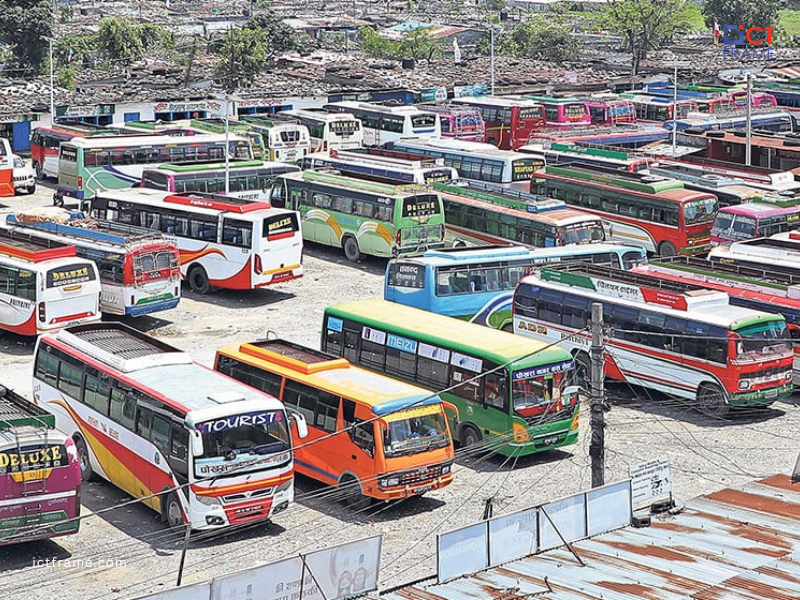NEPSE Halts All Tradings Amid Curfew and Investor Requests
9th September 2025, Kathmandu
The Nepal Stock Exchange (NEPSE) has announced a complete suspension of all trading activities for Tuesday, September 9.
NEPSE Halts All Trading
This rare move, which NEPSE confirmed in an official notice, was prompted by the government-imposed curfew within Kathmandu district and by direct requests from market participants, including stock brokers and investors. The decision, carried out under the authority of Rule 21 (1) of the Securities Listing and Trading Regulations, 2075, highlights the severe impact of the ongoing political unrest on the country’s financial sector. This is a significant development, as it represents a direct intervention to protect market integrity and investor interests amidst a period of widespread civil disruption.
Operational and Legal Basis for the Suspension
The official NEPSE notice clearly states that the government’s decision to enforce a curfew, starting at 8:30 AM within the Kathmandu Valley, made it operationally and logistically impossible to conduct a normal trading session. The suspension, therefore, was not a preemptive move to control market volatility but a necessary response to a physical shutdown of the city. Brokerage offices, which are essential for investors to place orders and manage their portfolios, could not operate safely under the curfew. This made it unfeasible to ensure fair and orderly trading.
NEPSE’s action is legally grounded in its regulatory framework. Rule 21 (1) of the Securities Listing and Trading Regulations, 2075, provides the exchange with the authority to halt trading during “extraordinary situations.” Such situations are typically defined as national emergencies, natural disasters, or, in this case, a security-imposed curfew. By citing this specific rule, NEPSE has positioned its decision as a matter of regulatory compliance and the protection of investor interests, not a political statement. This adherence to legal precedent is crucial for maintaining market credibility.
The Impact on Investors and the Market
The complete suspension of trading for a full day has several significant consequences for Nepal’s capital market. Most immediately, it creates a liquidity freeze, as investors are unable to buy or sell securities. This is particularly challenging for day traders and short-term investors who rely on timely transactions to manage their positions. The halt also creates a great deal of uncertainty for all market participants, as they are left in the dark about their portfolio positions and the status of any pending transactions. Scheduled settlement and clearing processes will also be delayed, which can cause logistical challenges for brokerages and custodians once trading resumes.
In the long term, such a sudden halt can cause a confidence shock to the market. While a temporary suspension due to an emergency is understandable, repeated or prolonged halts can erode investor sentiment and raise concerns about the overall stability and reliability of the market. This is particularly relevant as Nepal seeks to attract foreign investment, which is highly sensitive to political and market stability. Research on other emerging markets shows a strong correlation between political volatility and stock market performance. Unanticipated political events, particularly those that result in widespread unrest and government-imposed curfews, can lead to negative returns and a significant drop in market activity. The current situation in Nepal, where protests have directly forced a market shutdown, serves as a real-world example of this phenomenon.
The mixed reaction from investors reflects the different interests at play. While some investors who are physically in the affected areas welcome the suspension as a safety measure, others who are not directly impacted by the curfew are frustrated by the inability to trade. This divergence of opinion highlights the complex challenges that a regulator faces during a crisis—balancing the need for market continuity with the safety of market participants. The decision to suspend trading, however, ultimately prioritizes the latter, demonstrating that in times of crisis, physical safety and security must take precedence over market functions.
Broader Economic and Political Implications
The NEPSE trading halt is just one of many economic disruptions caused by the Gen-Z protests. The suspension of services by the Stock Brokers Association of Nepal and the broader impact of curfews on businesses, transportation, and daily life underscore how deeply intertwined political stability is with economic well-being. This series of events raises critical questions for Nepal’s financial sector about its crisis preparedness and the role of regulators in managing market continuity during times of social unrest. It also sends a clear message to the government and political leaders that their actions, or lack thereof, on issues like corruption and governance have tangible economic consequences. The current situation is a turning point that will likely force a re-evaluation of how to address public grievances and manage protests without causing widespread economic damage. For now, the market remains in a state of suspension, a powerful symbol of a nation grappling with a new, independent form of civil activism.
For More: NEPSE Halts All Trading





